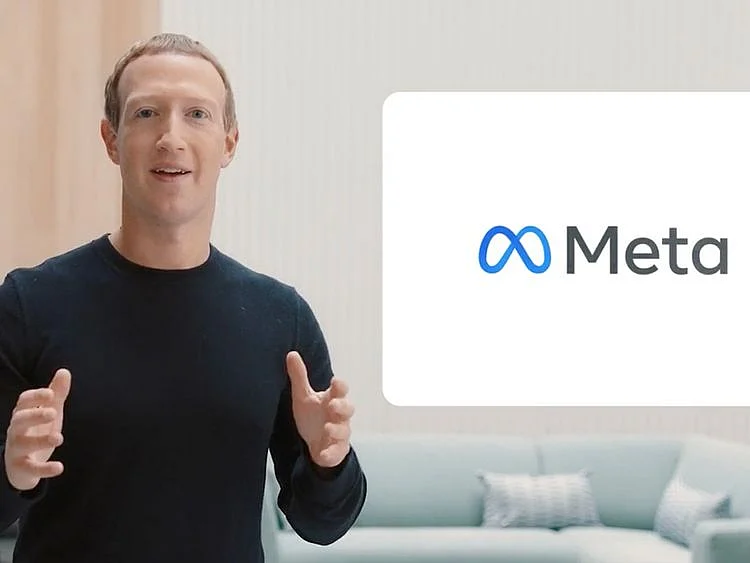Meta Platforms may have got caught in a downward spiral over the past year, but Mark Zuckerberg seems to be putting it back onto a more fruitful direction, at least for now.
Meta’s decline in ad revenue for the third straight quarter wasn’t as big as expected; there was a $40 billion buy-back for shareholders; and daily active users — Meta’s “North Star” for years — blew past the psychological 2 billion barrier, according to fourth-quarter earnings.
Zuckerberg’s obsession with the metaverse and his expensive strategic pivot has put pressure on the company’s stock price, which declined 60% over the last year, and it still looks years away from being a viable business.
Also Read
Meta's social media apps WhatsApp, Facebook and Instagram back up after brief outageMeta reinstates Donald Trump on Instagram and FacebookAlphabet, Microsoft, Amazon, Meta, here are the top tech companies joining the layoff spreeThat’s why it was likely a relief for investors to hear him paying significant attention on Meta’s earnings call to his bread-and-butter business: social media. Along with the buy-back this may have helped push Meta’s shares up 20% in after-hours trading on Wednesday night.
Meta's AI-discovery engine
Zuckerberg said the company’s AI-discovery engine had helped plays of Reels, its short-form video rival to TikTok, double in just the last six months.
He should have invested in the metaverse as a long-term research project — which he has admitted is many years in the making anyway — and instead worked on more effectively cleaning up toxicity and misinformation across his apps and on bolstering Meta’s core product, Facebook’s ad business and content feeds.
On the latter, Zuckerberg is making progress. He spent the last year investing more heavily in artificial intelligence to help fill the data void created by Apple’s privacy-related changes to iPhones and iPads, which cost Meta an estimated $14.5 billion in lost ad revenue in 2022.
By enhancing the machine-learning algorithms used by Facebook’s ad tools, the site is drawing deeper correlations about users to better understand them for targeting, without collecting more data on them.
Zuckerberg's metaverse offering
By contrast, Meta’s flagship metaverse offering for consumers is falling short of the company’s own expectations. The social platform attracted fewer than 200,000 monthly active users last October, well below the 500,000 target the company had set for the end of 2022, according to documents reported on by the Journal.
Social media is the most ulcer-inducing business in tech, as Twitter’s new owner Elon Musk has learnt, filled with complex policy decisions and constant agitating from advocacy groups. Zuckerberg has no doubt found it painful to see his mission to connect people around the world become misused and frequently criticised, hence why virtual reality may have become an escape from what he has described as “being punched in the stomach every day.”
Now he appears more willing to concentrate on his core business once again, and even listen to those who are telling him so. That he is the last remaining founder-CEO of the biggest tech firms makes his willingness to take heed of criticism all the more remarkable.
Brad Gerstner, who runs Altimeter Capital, told the CEO in an open letter last October that the company needed to “get fit and focused” and pare back its metaverse spending, which will make up 20% of Meta’s costs in 2023.
With ad spending expected to stay soft over the next year, Zuckerberg must decide for the long term if it really makes sense to be a metaverse company, or if it should be a short-form video social network instead.
The economic climate means either path will be painful, but when ad spending picks up once again, a refocus on the core business will give Meta the momentum it needs to keep going for the long term.
Bloomberg
Parmy Olson is a writer. A former reporter for the Wall Street Journal and Forbes, she is author of “We Are Anonymous.”
Sign up for the Daily Briefing
Get the latest news and updates straight to your inbox
Network Links
GN StoreDownload our app
© Al Nisr Publishing LLC 2026. All rights reserved.
